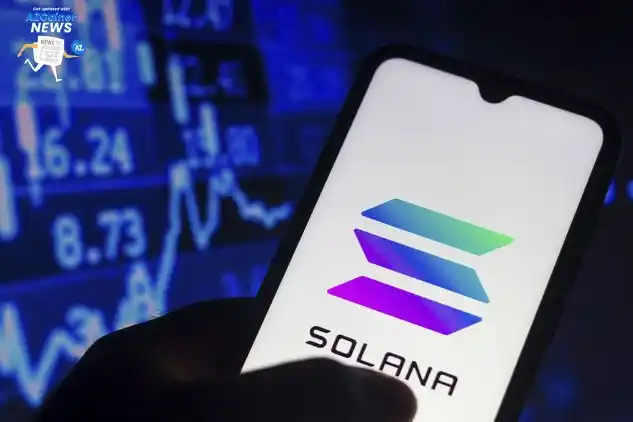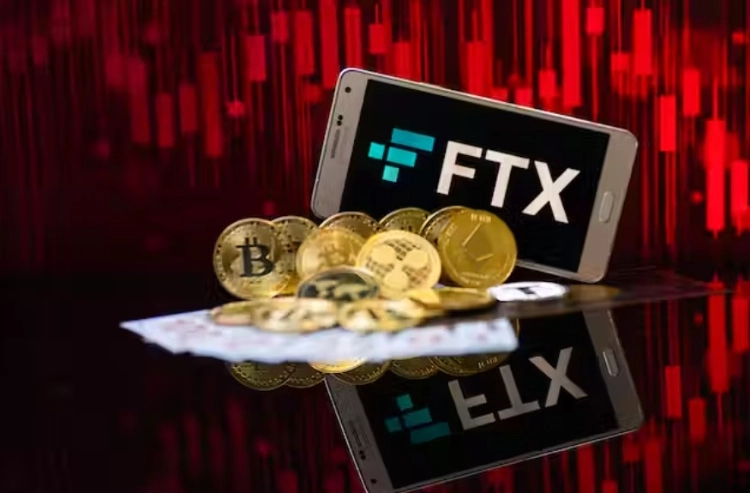Solana Unveils Incubator Program to Accelerate Startup Growth
Solana (SOL) Labs has introduced an Incubator program aimed at nurturing and boosting startups on the Solana network. This initiative provides a suite of resources and support to early-stage companies, including technical assistance, guidance for market entry, fundraising expertise, and access to Solana’s ecosystem.
The Solana Incubator program is designed to cater to technical teams interested in harnessing the network’s potential while benefiting from the resources and connections offered by Solana Labs.
By collaborating closely with Solana Labs’ experienced team, startups can effectively address common challenges encountered in the Web3 space, such as technical intricacies and market entry strategies, ultimately aiding them in establishing successful ventures.
Participants in the program gain access to hands-on technical support, assistance in crafting market entry strategies, and fundraising guidance from the protocol. They also receive feedback on user experience design, exposure through Solana Labs’ marketing channels, and the opportunity to connect with other projects within the ecosystem. Additionally, they receive guidance on integrating their solutions with the blockchain.
Emon Motamedi, Product Manager at Solana Labs, emphasized the program’s primary objective of removing obstacles faced by founders in the Web3 sector.
Motamedi stated, “Our priority with the Incubator program is to remove the biggest obstacles currently facing founders, including barriers around Web3 integrations and fundraising, so that these teams can spend their time on what they do best: solving the burning problems of their users.
By providing founders with the resources they need to succeed, we hope to not only bring more sustainable businesses to the Solana ecosystem but also help grow the Web3 industry as a whole.”
The Incubator program also opens doors to strategic partnerships for participants, both within and beyond the protocol’s ecosystem. This includes connections to other projects, potential customers, and enterprise-level partners. Moreover, the program aims to facilitate engagement with venture capital firms in Solana Labs’ network, thereby enhancing liquidity opportunities for the startups involved.
What’s noteworthy is that the Incubator program welcomes technical teams with varying levels of experience in the Web3 space, whether they are well-established Web3 teams or Web2 teams venturing into blockchain technology for the first time. Through the provision of essential resources and support, Solana Labs seeks to empower these startups to overcome challenges and create sustainable businesses in the ever-evolving Web3 landscape.
As of the time of writing, SOL’s price has undergone a correction, currently trading at $30.82. However, it recently experienced a significant surge, reaching $33.92 on Wednesday. Although SOL has seen a 5% decline in the past 24 hours, it continues to maintain substantial gains of 24% and 61% in the seven-day and thirty-day periods, respectively.
FTX Raises Questions by Transferring $15 Million in Crypto to Wintermute
In a development that has raised eyebrows, a recent PeckShieldAlert report dated October 26 revealed that a substantial sum of 470,000 Solana (SOL) tokens, valued at $15 million, were moved from an FTX account labeled as cold storage on the Solana network. Notably, some of these funds were transferred to controlled exchanges (CEX), including Coinbase and Binance.
Here’s what we know about FTX’s cryptocurrency transfers:
At the time of reporting, payments totaling over $10.49 million were made to Wintermute Trading, and these payments were directly from addresses associated with FTX. The majority of these funds were sent to Wintermute’s deposit addresses through controlled exchanges such as Binance and Coinbase. The cryptocurrencies involved in these transactions included ETH, MKR, LINK, AAVE, COMP, and RNDN.
These deposits appear to correlate with the recent price surges observed in cryptocurrencies like ETH, SOL, LINK, and AAVE, with SOL, in particular, experiencing a notable 5.55% increase in value over the last 24 hours.
Moreover, a different Ethereum address linked to FTX’s cold storage moved $2.5 million in cryptocurrency, including assets like RNDN and COMP, to Wintermute. Wintermute Trading is a well-known international algorithmic trading company specializing in digital assets.
FTX’s Journey to Resuming Its Crypto Operations:
FTX faced significant challenges in the past year, with the exchange filing for bankruptcy due to liquidity issues involving its token, FTT. This situation garnered considerable attention and concern within the cryptocurrency community.
>>> Coinbase Takes Lead Over SEC, Launches Crypto Futures Trading Service in US
Following a series of fraudulent transactions that led to FTX’s insolvency, the company claimed to have moved all remaining funds to cold wallets to minimize losses. Subsequently, the company embarked on a journey to rebuild and revive the exchange.
Under the leadership of John J. Ray III, the newly appointed CEO of FTX, the company announced earlier this year that bankruptcy administrators had put forth a fresh proposal to resuscitate the exchange. FTX has made incremental progress and recently disclosed its intention to seek bids for revival, with the goal of presenting a comprehensive proposal by December of this year.
Challenges and the Path Forward:
Despite their best efforts, FTX has faced considerable challenges in rebuilding trust and attracting new users. The previous bankruptcy incident had a significant impact on the exchange’s reputation, making it difficult to regain the confidence of investors and traders.
Nevertheless, FTX remains committed to revitalizing its crypto business and has implemented stringent security measures to prevent future fraudulent activities. The exchange is working towards a brighter future, albeit with the lessons learned from its past challenges.












